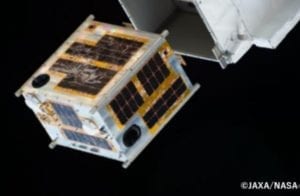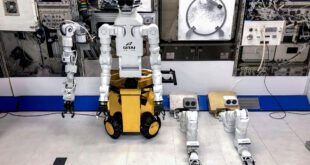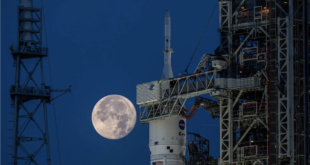
Space BD is a space startup in Japan offering access to space using the International Space Station’s Japanese Experiment Module “Kibo”, the largest single ISS module, as well as with rideshares on Japan’s flagship launch vehicle “H3”. The company announced it’s been selected by Hokkaido University, Tohoku University, and the Myanmar Aerospace and Engineering University as the satellite deployment service provider for the Micro-satellite development project of the Republic of the Union of Myanmar.
The first Micro-satellite developed by the country, it will be deployed from the ISS Kibo module. Hokkaido University and Space BD signed a contract where Space BD will provide the launch and deployment service. The image shown is of the DIWATA1 which Hokkaido University and Tohoku University developed for the Republic of the Philippines. Myanmar’s will be a 50-kg Micro-satellite, developed by the Myanmar Aerospace Engineering University in collaboration with Hokkaido University and Tohoku University.
The satellite mission aims to implement more efficient and systematic agricultural practices in country and monitor natural disasters through the provision of satellite imagery. The collaboration between the three universities foresees the launch of two microsatellites in the next 5 years, including Myanmar’s first Micro-satellite. As the official service provider selected by JAXA in 2018, Space BD will be providing a one-stop satellite launch and deployment service to support Myanmar’s first Micro-satellite mission.
According to Prof. Yukihiro Takahashi, the Director of the Space Mission Center at Hokkaido University, “It is not just a matter of launching a satellite and taking an image, but our goal is to bring truly practical outcomes by analyzing the data acquired through the latest technology and observation methods. Therefore, it is very important for a country that comes into space for the first time to have a high probability of successfully launching the first unit into orbit. In that sense, we believe that the deployment from “Kibo” is the optimum way to launch satellite since it has milder vibration conditions during launch than the regular piggyback launches. Going forward, we will continue to expand space utilization to the world through close industry-academia collaboration.”
For more information visit https://space-bd.com





